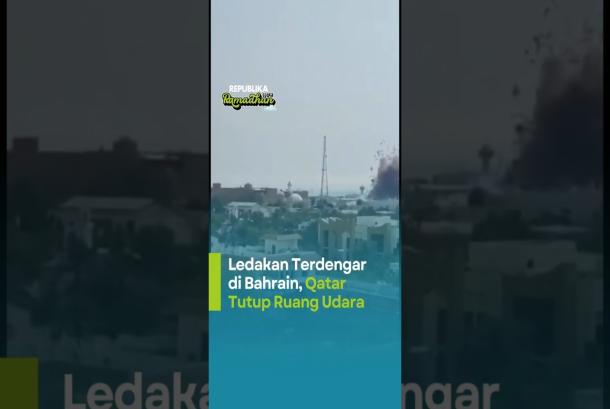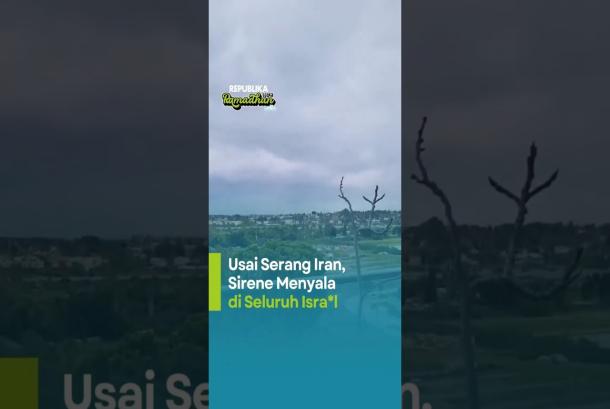REPUBLIKA.CO.ID, MATARAM -- The Department of Agriculture and Plantation of West Nusa Tenggara (NTB) noted that the amount of coffee production in this region can reach 6,384 tons a year.
“The trend of coffee production every year is erratic. This is already a fixed figure for 2022, for 2023 data there is no fixed figure still under discussion,” said Achmad Rifai, Head of Plantation of the Department of Agriculture and Plantations (Distanbun) of NTB, in Mataram, Tuesday (23/1/2024).
Of the 6,384 tons of coffee, he lists robusta coffee as 5,466.91 tons per year, and arabica coffee as 917.44 tons per year. Meanwhile, by district and city, Sumbawa Regency is the area with the largest robusta coffee production, which is 1,972.96 tons per year. Then it was overtaken by Dompu Regency by 824.83 tons per year.
In third place, namely Central Lombok Regency with 695.79 tons per year. Then North Lombok Regency 679.34 tons per year, East Lombok 424, 81 tons per year, and West Lombok 267.21 tons per year.
Further Bima Regency 351.78 tons per year, West Sumbawa by 144.76 tons per year. Last but not least, Bima City was 5.25 tons per year.
Meanwhile, for the commodity type of arabica coffee, only two regions cultivate this type of coffee, namely East Lombok Regency with a production amount of 610.25 tons per year and Sumbawa Regency with 307.19 tons per year.
“The city of Mataram is the only area that does not cultivate coffee crops, be it robusta or arabica coffee,” he said.
Referring to the notion that coffee receives less attention from the provincial government as rice crops, Rifai dismissed the assumption. Because according to him, if the trend of coffee production in NTB every year is still far compared to rice.
Nevertheless, he said again, the government remains attentive to what the coffee growers need. For example, the government continues to educate farmers on good and correct farming, its post-harvest processing, and facilitate post-harvest equipment and coffee harvesting.
“Governments with limitations also provide free seeds. Of course, according to the provisions, for a while funds from the State Budget,” he said.






